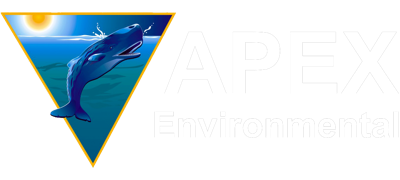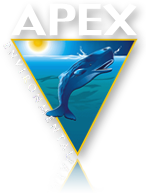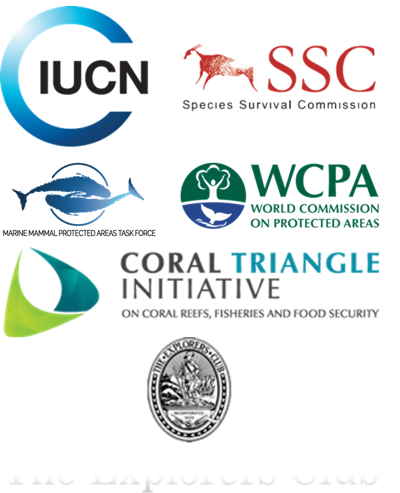Upcomming & past Events
Upcoming events
2017
February 2017
Participant
The Economist’s World Ocean Summit 2017.
Bali. 22-24 February
The fourth World Ocean Summit will be held in Bali, Indonesia, on February 22nd-24th 2017 and will bring a critical eye to the vital issue of how to finance a sustainable ocean economy. Our aim is ambitious: to mobilise a new discussion on how capital and the private sector can drive scalable, sustainable investment in the ocean.
http://www.economist.com/events-conferences/asia/ocean-summit-2017
March 2017
Invited expert
IUCN Expert Workshop on Important Marine Mammal Areas (IMMAs) – Pacific Islands Region.
Apia, Samoa. 27-31 March
This expert workshop will be crucial for the Identification of Important Marine Mammal Areas (IMMAs) in the Pacific Islands region. It is organised by the IUCN Marine Mammal Protected Areas Task Force (MMPAs Task Force). Funding for the workshop is being provided by the GOBI Initiative, supported by the Government of Germany and hosted by the Secretariat of the Pacific Regional Environment Programme (SPREP). The Tethys Research Institute will contribute with scientific, technical and organisational support.
During this ground-breaking workshop (outcomes will be vital for large-scale Marine Spatial Planning for years to come), APEX Environmental will focus on the identification of IMMAs in Papua New Guinea, the Solomon Islands and the Coral Sea in particular.
2016
December 2016
World Ocean Council Sustainable Ocean Summit 2016
Rotterdam, The Netherland
30 Nov – 2 Dec 2016
WOC SOS 2016.
Paper presented on ocean industries and critical marine habitats:
How do Marine Hotspots and Ocean Industries get along?
Case studies from SE Asia’s Coral Triangle.
Kahn, B. , Djohani, R. and K.Vance-Borland (2016)
WOC 2016 Marine Biodiversity Session: Challenges and Opportunities for the Ocean Business Community
United Nations Sustainable Development Goal (UN SDG) 14: Conserve and Sustainably Use the Ocean
November 2016
4-16 Nov
Survey
Rapid Ecological Assessment on Marine Mammals of the Banda- Ceram Seas, Maluku Province, Indonesia.
See USAID media release.
17 Nov
Ambon
Pattimura University Meeting
Ambon
Local stakeholder briefing on REA
21-24 Nov
Jakarta
Fairmont Hotel Conference Centre
The Netherlands-Indonesia Trade Mission
23 Nov
Trash to Treasure.
TNO Led workshop
Moderator Working Group B.
October 2016
Keynote Speaker. International Whale Seminar 2016: Strengthening Maritime Cultural of Lefa (Traditional Whaling) in Lamalera For The Development Of Maritime Tourism Destinations and Resource Management. Coordinating Ministry of Maritime Affairs. Lembata, NTT, Indonesia. 31 October – 1 November 2016.
Marine debris – National Data Workshop (see ambon PPT on details.
Participant and presenter of outcomes Working Group B. Workshop on management of marine debris. Coordinating Ministry of Maritime Affairs.
Working Group B tasks: Reduced amount and impact of accumulated marine debris on shorelines, in benthic habitats, and in pelagic waters.
Keynote Speaker. Banda Sea Expedition 2016: Blues and Hammers. Pre- and Post Expedition conservation events for local and provincial marine stakeholders. 21 Oct hosted BKKPN, Ministry of Fisheries and Maritime Affairs. Kupang, NTT, Indonesia. 9 Oct. hosted by The Coral Triangle Centre and Banda Sea Marine Conservation Council. Ambon, Molucca, Indonesia. 9 Oct.
September 2016
Participant. Mapping Biodiversity Priorities – Technical Conservation Science Webinar . 22 September 2016.
This webinar is based on recent guidance published by SANBI and UNEP-WCMC. http://nbsapforum.net/#read-thread/2145. This webinar explored practical, science-based approaches to spatial biodiversity assessment and prioritization. Discussions included the guiding principles, datasets, methods and products that can be applied in terrestrial, inland water, and coastal and marine environments.
The webinar was deemed especially useful for countries that are biodiversity rich yet resource constrained, and where difficult choices have to be made about how and where to focus conservation action. It explored how even the most data-poor countries can use available global data to generate useful results for conservation and land-use planning. The content is aimed at a wide audience and in particular those involved in revising or implementing National Biodiversity Strategies and Action Plans (NBSAPs).



